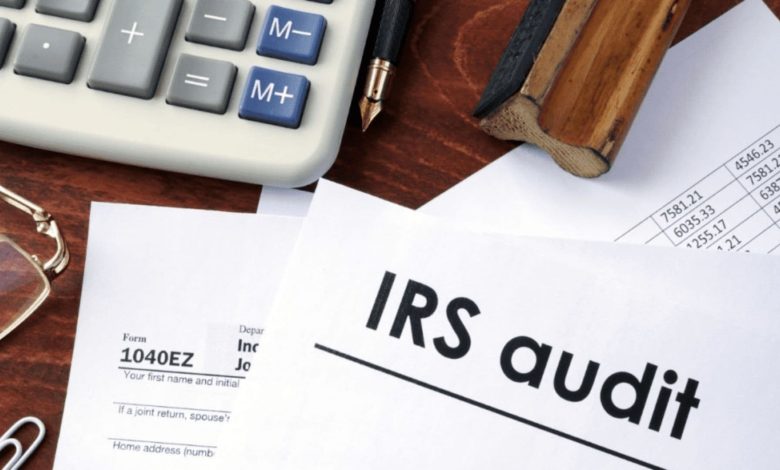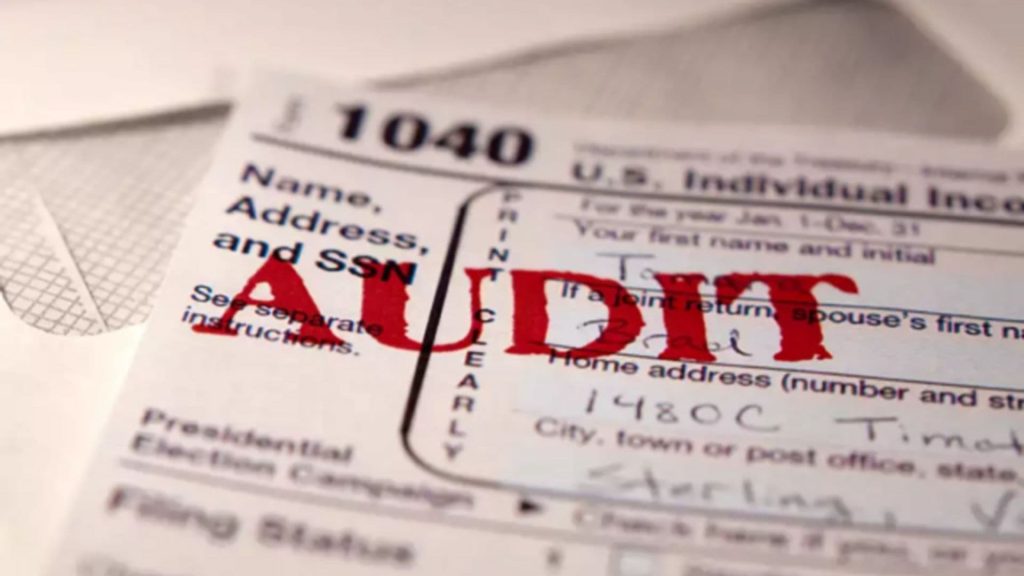
Receiving a notice from the Internal Revenue Service (IRS) stating that you are being audited can understandably evoke feelings of apprehension. However, understanding exactly what happens if you get audited can significantly alleviate anxiety by demystifying the process and empowering you to navigate it effectively. An IRS audit is fundamentally a detailed review conducted by the tax authorities to verify the accuracy and compliance of your tax returns and associated financial records with the prevailing tax laws. While the thought of an examination by the IRS might seem overwhelming, being well-informed about the reasons behind audits, the various methods the IRS employs, and the specific actions you should take can transform the experience into a manageable one, ensuring you are prepared and can proceed with greater confidence.
What Triggers an IRS Audit?
- Random Selection and Computer Screening: Some audits are the result of a completely random selection process, while others are flagged by computer systems using statistical formulas to identify returns that deviate from expected norms.
- Document Matching: A significant trigger for audits is discrepancies found through document matching. This occurs when the information you report on your tax return does not align with the data submitted to the IRS by third parties such as your employers (via W-2 forms), banks (via 1099 forms), or other financial institutions.
- Related Examinations: If your business partners or investors are also undergoing an audit, the IRS may select your return for examination as well, to investigate potential interconnected issues.
Certain factors can also act as red flags, increasing the likelihood of your tax return being selected for an audit:
- High Income: Taxpayers with higher income levels generally face a greater chance of audit due to the larger potential for tax discrepancies.
- Large Charitable Deductions: Claiming charitable deductions that appear disproportionately large in relation to your reported income may raise questions and trigger an audit.
- Self-Employment Income: Individuals with self-employment income may be subject to more frequent audits, as there is a perceived higher risk of underreporting income and overstating deductions.
- Unreported Income: Failing to report all taxable income is a major red flag and a common reason for the IRS to initiate an audit.

Types of IRS Audits
- Correspondence Audit: This is the most common type of IRS audit and is conducted entirely through the mail. The IRS will send you a letter requesting additional information or clarification regarding specific items on your tax return. For instance, they might ask for documentation to substantiate deductions or credits you have claimed. Responding promptly and thoroughly with the requested documentation usually resolves this type of audit.
- Office Audit: An office audit involves an in-person interview at an IRS office. The focus of this type of audit is typically on specific items outlined in the audit notice, and you will be required to bring documentation to support those items. It is often advisable to have a tax professional, such as a CPA or tax attorney, accompany you to an office audit to help address technical questions and ensure your rights are protected.
- Field Audit: This is the most comprehensive and often the most complex type of audit. In a field audit, an IRS agent will visit your home, your business premises, or your accountant’s office to examine your financial records. These audits tend to be more thorough and may cover multiple tax years. Having professional representation is highly recommended if you are facing a field audit.
Steps to Take If You’re Audited
- Review the Audit Notice Carefully: The first step is to thoroughly read the IRS notice to understand which tax years are being examined and the specific items on your return that are under scrutiny.
- Gather All Relevant Documentation: You will need to collect all records that support the items being questioned by the IRS. This may include receipts, invoices, bank statements, canceled checks, and any other relevant financial documents.
- Consult a Tax Professional: It is highly recommended that you consider hiring a qualified tax professional, such as a Certified Public Accountant (CPA) or a tax attorney. They can provide invaluable guidance throughout the audit process, help you understand your rights and obligations, and communicate with the IRS on your behalf.
- Respond Promptly and Meet Deadlines: Timely responses to the IRS are essential. Ensure that you meet all deadlines outlined in the audit notice or any subsequent requests to avoid potential penalties and complications.
- Be Honest and Cooperative: During the audit process, it is important to provide accurate information and cooperate fully with the IRS agent. Transparency can often lead to a more favorable outcome.
- Understand Your Rights: As a taxpayer, you have certain rights during an IRS audit. These include the right to professional and courteous treatment, the right to privacy and confidentiality of your information, and the right to representation. If you disagree with the audit findings, you also have the right to appeal or seek mediation.

Potential Outcomes of an Audit
- No Change: The IRS may determine that your tax return was accurate as filed, and no changes will be made.
- Agreed: If the IRS proposes changes to your return and you agree with their findings, this will typically result in either additional tax owed by you or a refund if you overpaid.
- Disagreed: If you disagree with the IRS’s proposed changes, you have the right to pursue an appeal through the IRS’s internal appeals process or potentially through the court system.
In conclusion, while receiving an IRS audit notice can be a source of stress, understanding the audit process empowers you to navigate it with greater confidence. By being prepared, gathering necessary documentation, seeking professional guidance when needed, and maintaining open and honest communication with the IRS, you can effectively manage the audit process and ensure compliance with tax laws.
FAQs
How will I know if I’m being audited by the IRS?
The IRS will notify you by an official letter sent by mail.
How far back can the IRS audit my tax returns?
Typically, the IRS audits returns filed within the last three years.